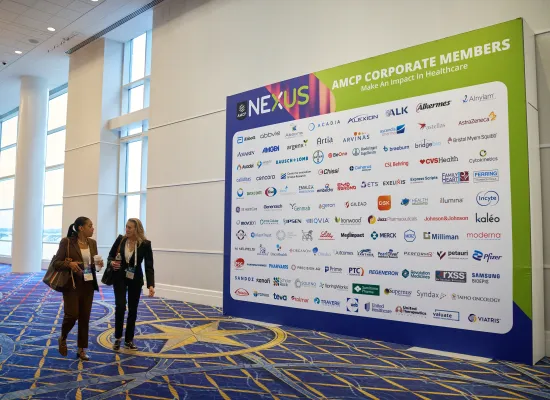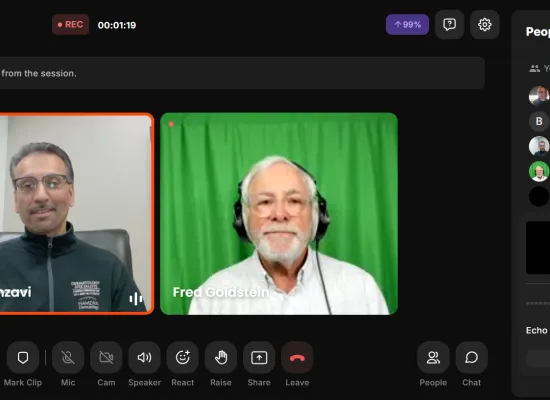
Health Care Risks Now Go Beyond COVID-19
In the United States and around the world, we could face a health care crisis of an entirely different nature as a result of the COVID-19 pandemic. Health care professionals are expressing serious concern about patients avoiding emergency rooms and office visits. For example, emergency room visits for non-COVID-19 matters are down across the country. Further, childhood vaccine rates are dropping to dangerous levels.
According to an April 14 CNBC article, physicians are cautioning patients with severe illnesses that they may suffer permanent damage by avoiding the ER. “Heart attacks don’t stop,” said Christopher Freer, DO, director of emergency medicine at RWJBarnabas Health. CNBC reports that across RWJBarnabas Health, which operates 11 emergency departments in New Jersey, emergency visits have decreased significantly.
It is not just decreased emergency care that is concerning. Because elective procedures are currently restricted in many states, preventive care such as colonoscopy screenings and mammograms are down. This suggests that cancer rates may increase in the future. “We’re going to see a blip in other disease entities as a consequence of doubling down on COVID-19,” said Rod Hochman, MD, CEO of Seattle’s Provident St. Joseph Health, in the CNBC article. He added that it will take years for medical professionals to fully understand the consequences of this time in health care.
The New York Times reports that childhood immunizations are dropping to dangerous rates, making children susceptible to measles, whooping cough, and other life-threatening illnesses. The Centers for Disease Control and Prevention, the American Academy of Pediatrics, and the American Academy of Family Physicians recommend that children’s vaccination schedules be maintained as rigorously as possible within reason, particularly for the youngest children.
To counteract this trend, health care providers are coming up with innovative ways to deliver immunizations, such as vaccination mobile units and tents. In Norwalk, Conn., one pediatrician has expanded her usual parking-lot flu clinic to cover general vaccines. “Parents pull up, briefly roll down a car window, the child extends an arm, and a masked, gowned health care worker does a quick jab. Over and out.”
Earlier this week, AMCP eLearning Days attendees heard from Douglas Long, IQVIA vice president of industry relations, who discussed how COVID-19 is affecting the health care marketplace. He suggested that the pandemic will potentially lead to change in health care dynamics and outcomes. He said new diagnoses, office visits, and laboratory diagnostics have dropped. Adding to the challenge: more patients are becoming uninsured due to unemployment, and providers are facing financial challenges due to decreased patient visits, fewer elective surgeries, and more.
Health Care’s Perfect Storm
This week, I am struck by this news about our health and the health care system in the United States. Not only are we battling an unprecedented worldwide pandemic, we see laid bare other vulnerabilities. To come out on the other side of this, we must think innovatively and creatively. We also must implement tools, such as those from managed care, that we know work.
Your know-how is essential now and moving forward. Managed care pharmacists develop solutions that enable patients to get the medications they need at a cost they can afford. As professionals in this area, you have a unique perspective from the intersection of value and care. I am interested in hearing your reactions and ideas, so please let me know what you think. I would also like to remind AMCP members to attend the AMCP Member Town Hall: COVID-19 on April 29 from 2 to 3pm (ET) for an opportunity to ask questions of managed care pharmacy leaders and discuss how to navigate this unprecedented time
Thank you for your dedication to health care.
Featured News & Resources
See Full CalendarAward Applications Open
AMCP eLearning Day: Nexus Encore
AMCP 2026 Registration Opens
Upcoming Events
AMCP offers a wide variety of educational opportunities, from events and webinars to online training.







